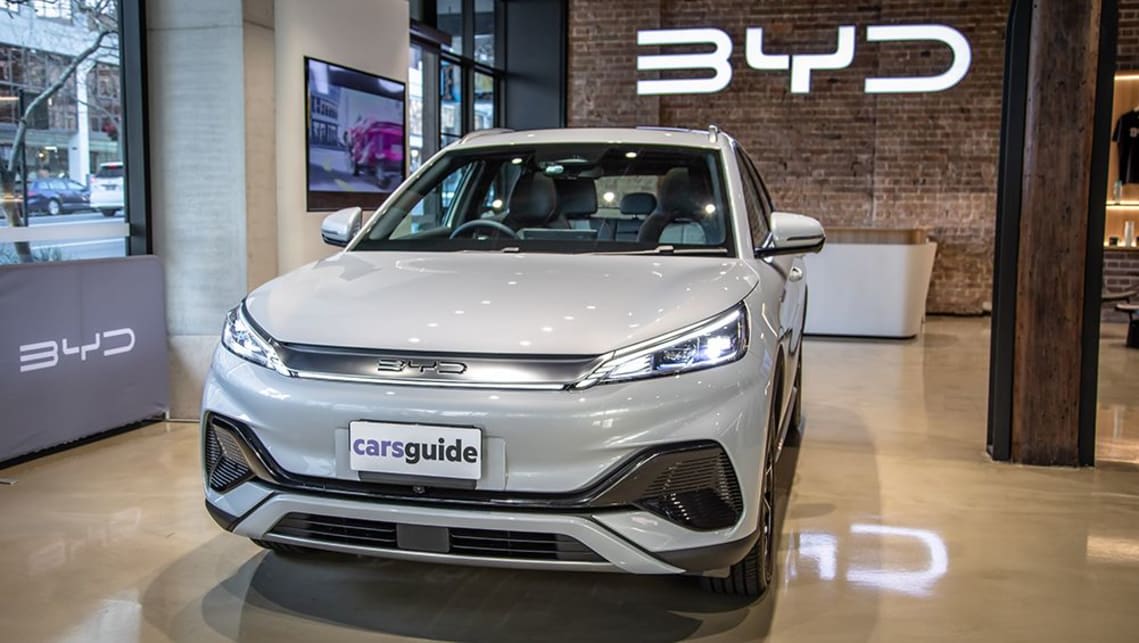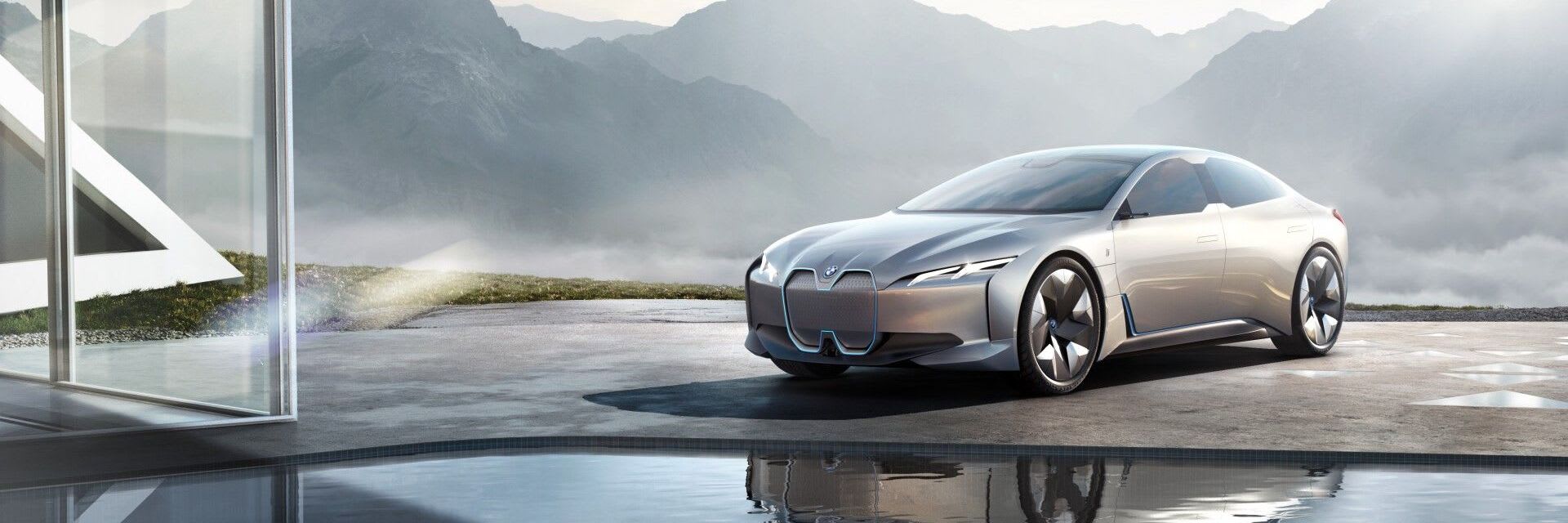BYD: A Chinese Automotive Powerhouse Yet to Conquer the US Market
In the rapidly evolving electric vehicle (EV) landscape, China's BYD Auto has emerged as a formidable player, dominating its domestic market and expanding its global footprint. However, despite its impressive track record, BYD remains absent from the highly competitive US market, leaving many wondering why the Chinese EV giant has not yet made a significant push into the world's largest automotive market.

BYD's Dominance in China
BYD, short for Build Your Dreams, is a Chinese multinational conglomerate with a diverse portfolio spanning automobiles, renewable energy, and electronics. The company's automotive division, BYD Auto, has quickly risen to become the leading EV manufacturer in China, with a market share of over 20% in 2023.

BYD's success in China can be attributed to several factors, including:
* Early investment in EV technology: BYD began developing EVs in the early 2000s, giving it a significant head start over its competitors.
* Vertical integration: BYD controls the entire EV production process, from battery manufacturing to vehicle assembly, allowing it to achieve economies of scale and reduce costs.
* Government support: The Chinese government has heavily subsidized the EV industry, providing financial incentives to manufacturers and consumers alike.

As a result of these factors, BYD has become a major player in the Chinese EV market, offering a wide range of electric vehicles including sedans, SUVs, and buses. The company has also established a network of over 20,000 charging stations across China, making it easier for EV owners to charge their vehicles.
Despite its success in China, BYD has yet to make a significant impact in the US market. There are several reasons for this:
* Competition: The US EV market is highly competitive, with established players such as Tesla, Ford, and General Motors dominating the landscape. BYD would face an uphill battle in gaining market share.
* Regulatory hurdles: The US has stricter safety and emissions standards than China, which could add to BYD's costs and delay its entry into the market.
* Lack of brand recognition: BYD is relatively unknown in the US market, and it would need to invest heavily in marketing and advertising to build brand awareness.

In recent years, BYD has taken steps to address some of the challenges it faces in entering the US market:
* Partnering with Tesla: In 2022, BYD announced a partnership with Tesla to explore potential collaborations in battery technology and charging infrastructure. This partnership could help BYD gain access to Tesla's extensive charging network and boost its credibility in the US market.
* Investing in manufacturing facilities: BYD is reportedly considering building a manufacturing facility in Mexico to produce EVs for the US market. This would allow the company to avoid import tariffs and reduce its production costs.
* Developing US-specific vehicles: BYD has indicated that it is developing new EV models specifically designed for the US market, taking into account the unique tastes and preferences of American consumers.
Despite these efforts, BYD has not yet announced a concrete timeline for its US market entry. The company has stated that it intends to enter the US market in 2024, but it remains to be seen whether it can overcome the challenges and establish a strong foothold in the competitive US automotive landscape.
If BYD successfully enters the US market, it could have a significant impact on the EV industry:
* Increased competition: BYD's entry would intensify competition in the US EV market, potentially driving down prices and benefiting consumers.
* Greater EV adoption: BYD's affordable and well-equipped EVs could appeal to a wider range of consumers, helping to increase EV adoption in the US.
* Innovation: BYD's expertise in battery technology and vehicle design could lead to new innovations in the US EV market, pushing the industry forward.
BYD Auto is a Chinese automotive powerhouse with a proven track record of success in the EV market. However, the company has yet to make a significant impact in the US market. Several challenges, including competition, regulatory hurdles, and lack of brand recognition, have prevented BYD from entering the US market. Despite these challenges, BYD has taken steps to address these issues and has expressed its intention to enter the US market in 2024. If successful, BYD's entry could increase competition, accelerate EV adoption, and drive innovation in the US automotive industry.
